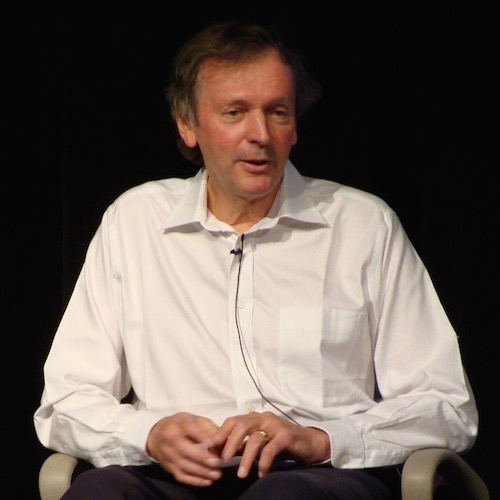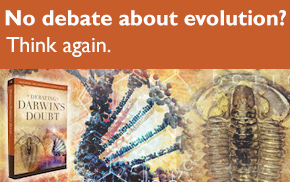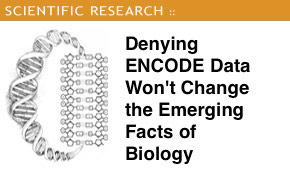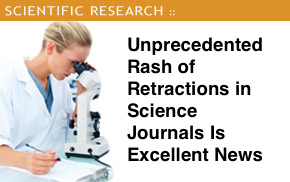A Design-Theorist's Brief Guide to Rupert Sheldrake

I first encountered Rupert Sheldrake through the 1993 PBS documentary A Glorious Accident. He was featured in that documentary along with Oliver Sacks, Daniel Dennett, Stephen Jay Gould, Freeman Dyson, and Stephen Toulmin. I found Sheldrake engaging, insightful, and congenial. I hoped one day to correspond with him.
He and I have now been in touch for over a decade. I've read some of his work and he has read some of mine. He even provided an endorsement for my most recent book, Being as Communion. I see Sheldrake as very much an ally in what we are trying to accomplish in the intelligent design movement, which I take, in broad strokes, to be twofold: (1) to unseat materialism as the reigning ideology in science and (2) to establish that teleology has a legitimate and fundamental role in science.
Sheldrake's opposition to materialism, indeed, his view that materialism undermines the spirit of scientific inquiry, is unmistakable in his work. It comes out clearly in his extensive interview with TheBestSchools.org as well as in his ongoing dialogue with skeptic Michael Shermer, also at TheBestSchools.org. So too, his opposition to materialism is the reason his TED talk was banned, though it is now on YouTube and has received many more views because it was banned!
Nonetheless, if you read some of Sheldrake's statements on intelligent design, you might think that he rejects it. He will, for instance, say that he cannot accept intelligent design because it commits one to a mechanistic view of life (he sees life as organismic rather than mechanistic). Also, he doesn't embrace information theory as a crucial scientific tool for unseating materialism, regarding information itself in mechanistic terms and preferring to speak of patterns rather than information.
My own view is that Sheldrake and intelligent design are much closer than would be obvious from his public statements about ID. Indeed, I think our differences are much more linguistic and idiomatic than anything else. Take his concern that intelligent design commits one to a mechanistic conception of life. This would be true if ID required that the structure of organisms be imposed from outside by an architect or artisan in which the parts have no intrinsic relation to the whole. But ID does not require that. ID only requires that there be clear marks of intelligence in living systems.
Or consider Sheldrake's lack of enthusiasm about information theory. He rightly notes that Shannon's conception of information leaves out meaning and that meaning, in the sense of inherent purposes and functions, is essential to living forms. But information as developed in the work of design theorists such as Robert Marks, Douglas Axe, and myself is much richer than Shannon information. Indeed, in Being as Communion, I develop information along very general lines that fit right in with Sheldrake's conception of pattern.
Sheldrake has written many interesting and best-selling books outlining his views of nature, and how nature allows for many more possibilities than materialism can tolerate. Nonetheless, I would recommend that ID supporters who are new to Sheldrake's work start with his most recent book, titled Science Set Free (so titled in the U.S.; in the U.K. it was titled The Science Delusion).
Reading that book rekindled the exhilaration I felt when first reading Phillip Johnson (e.g., Darwin on Trial and Reason in the Balance). Science Set Free shows as clearly as anything I've read how scientific materialism flies in the face of evidence, shackles the minds of scientists, and is collapsing of its own internal contradictions. I urge all who consider themselves ID proponents to carefully study this book.
Sheldrake represents a community of thought from which the ID community has much to learn and to which it in turn has much to contribute. I hope someday we can do a joint conference and work together, so that in conversation and dialogue we can not only learn from each other but also synergize our efforts and, ultimately, see the rise of a new science unshackled by materialism.
Image: Rupert Sheldrake, by Zereshk (Own work) [GFDL or CC BY 3.0], via Wikimedia Commons.







